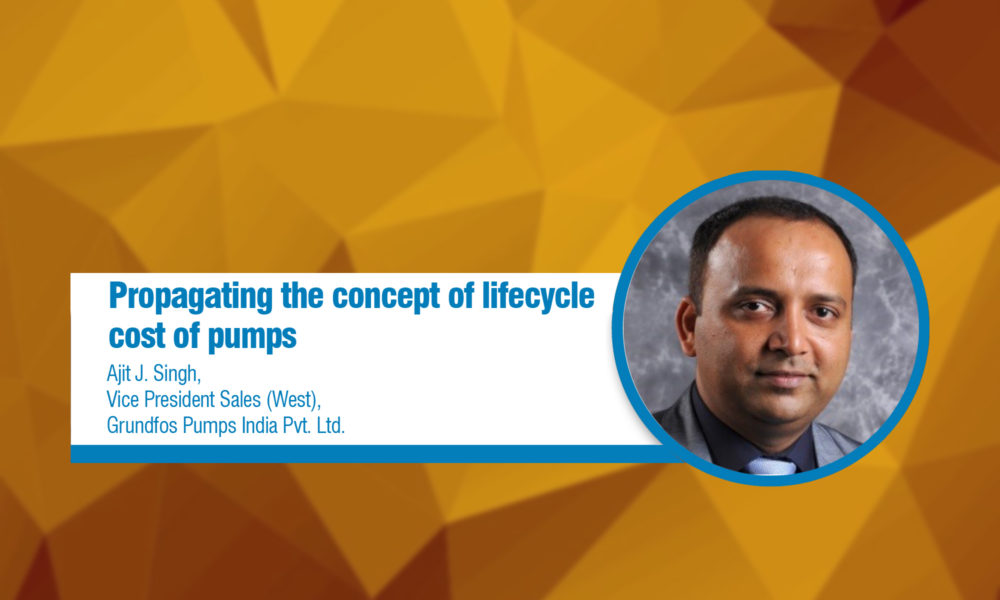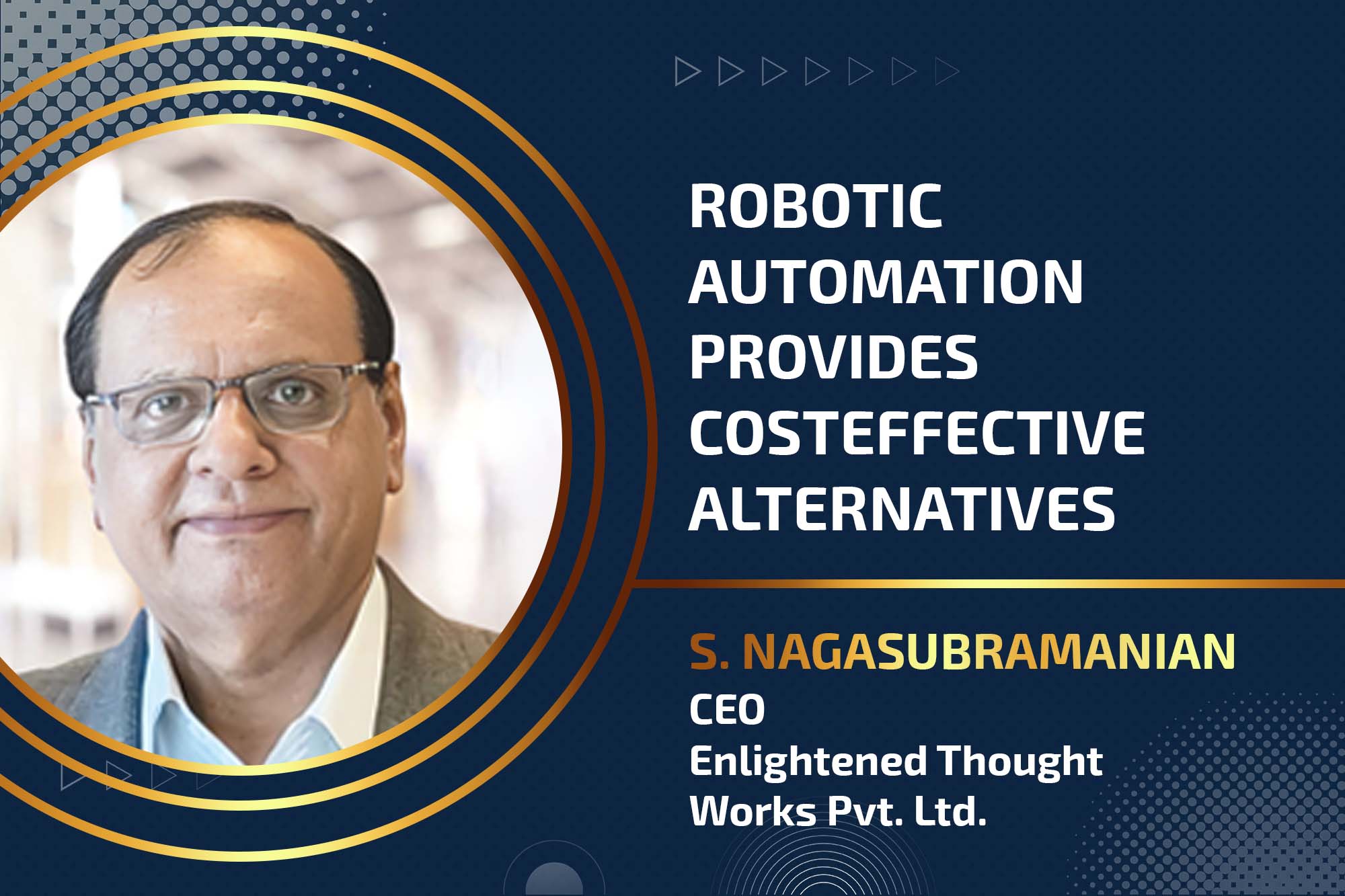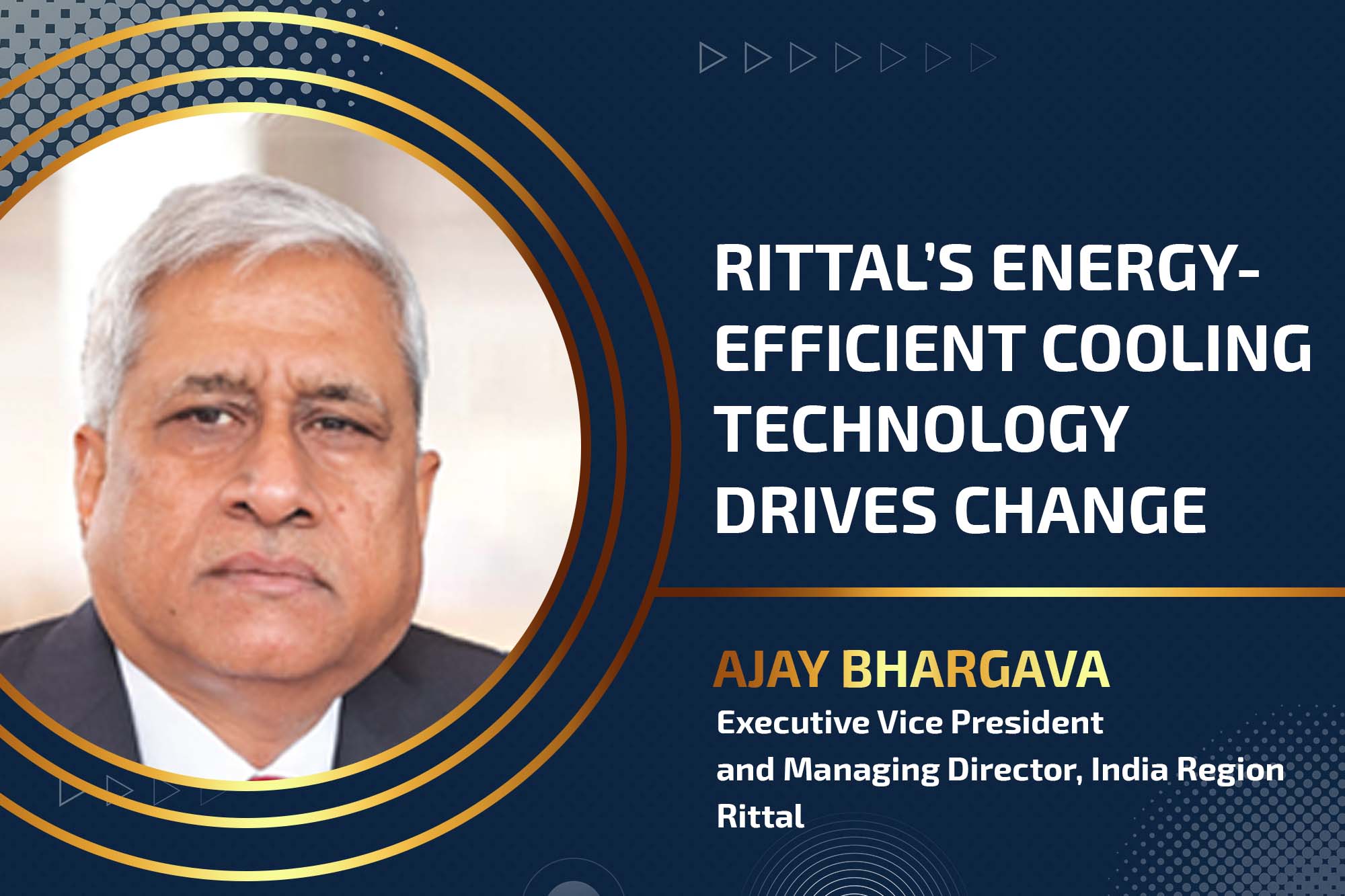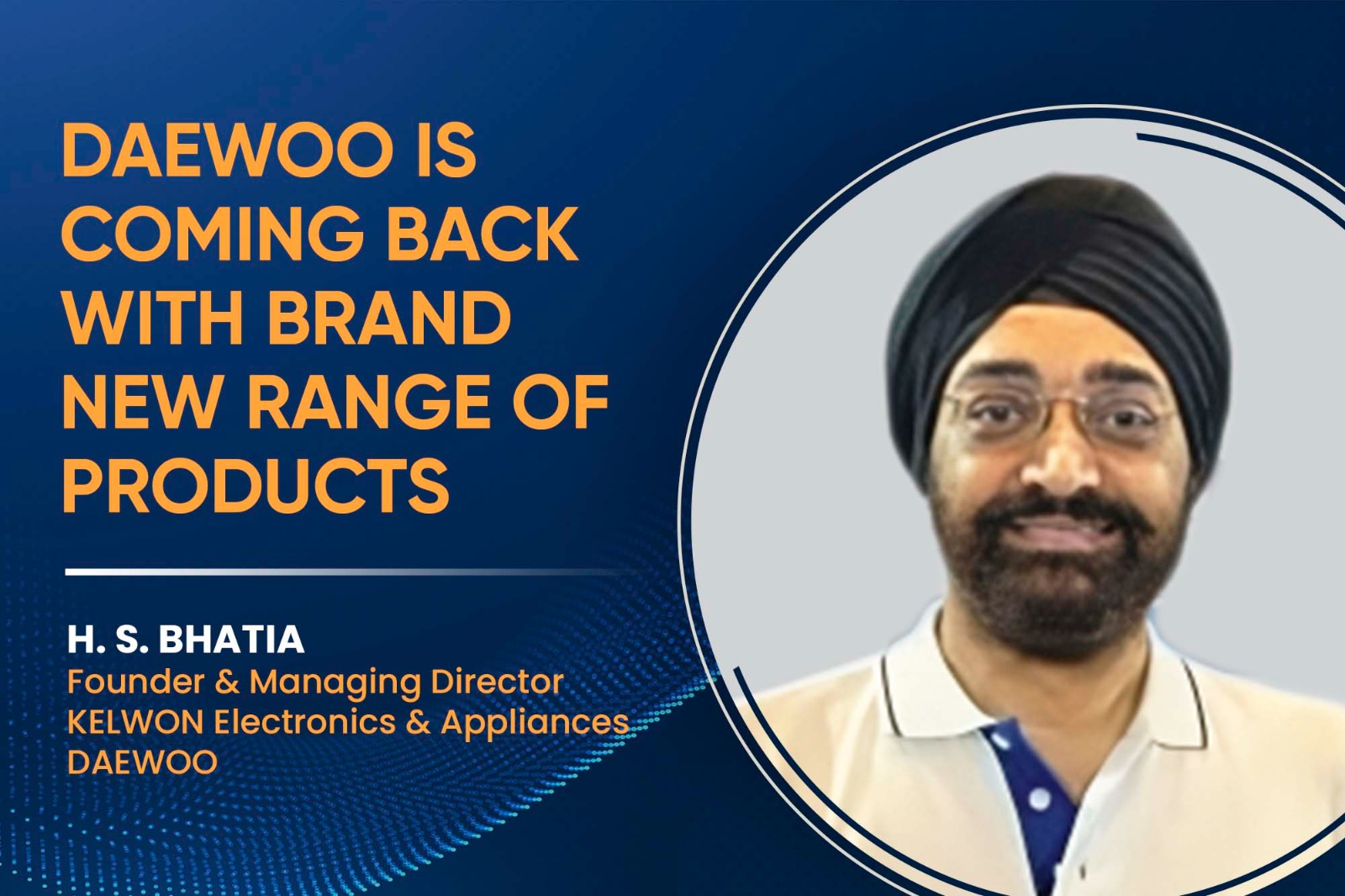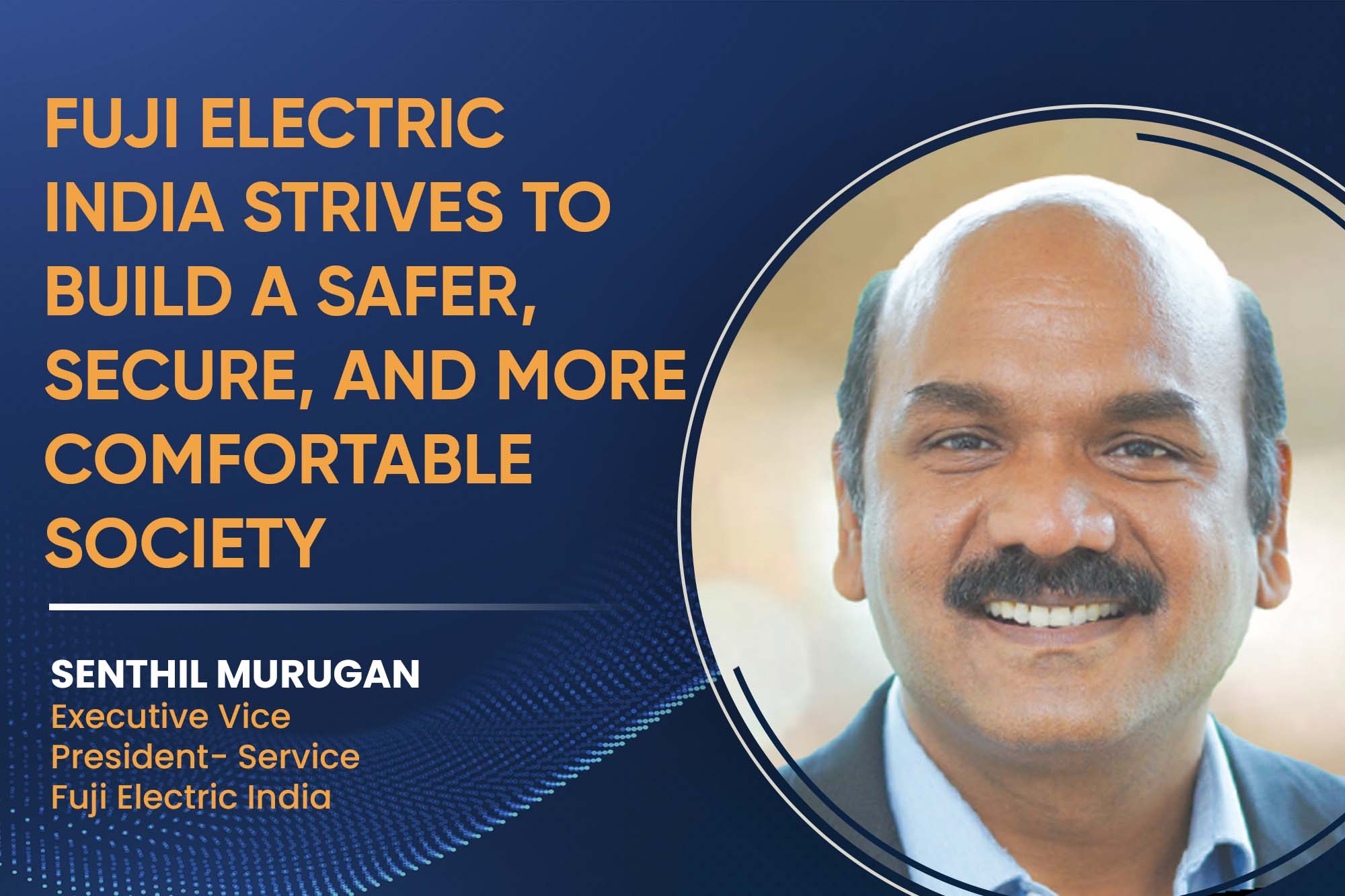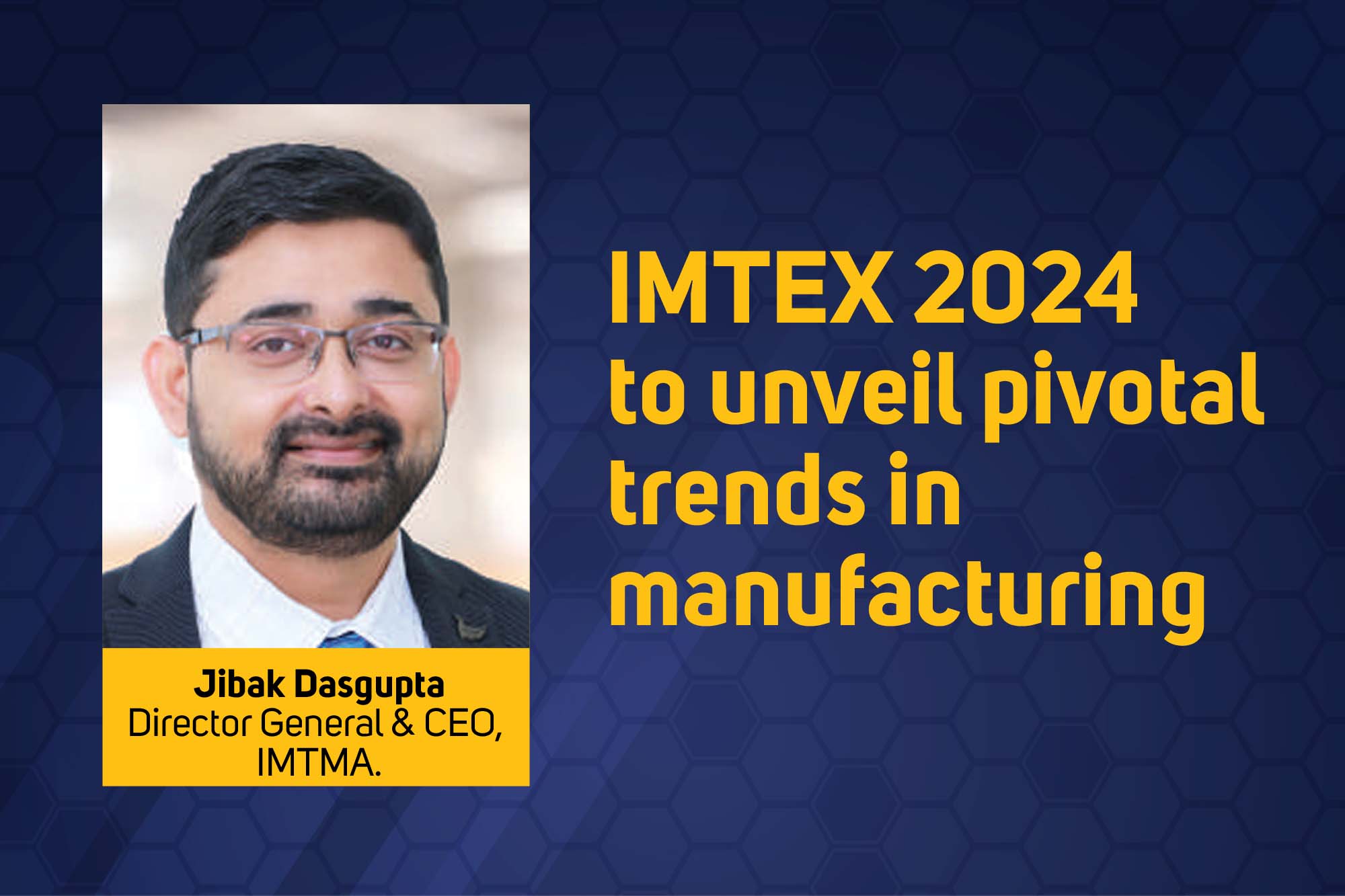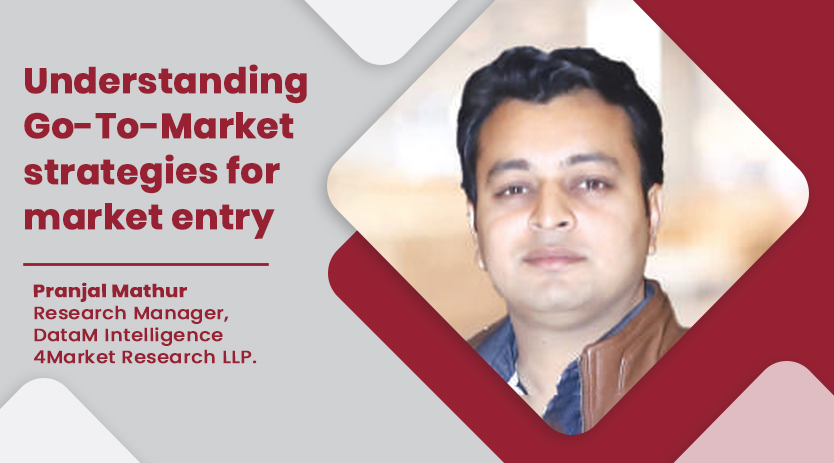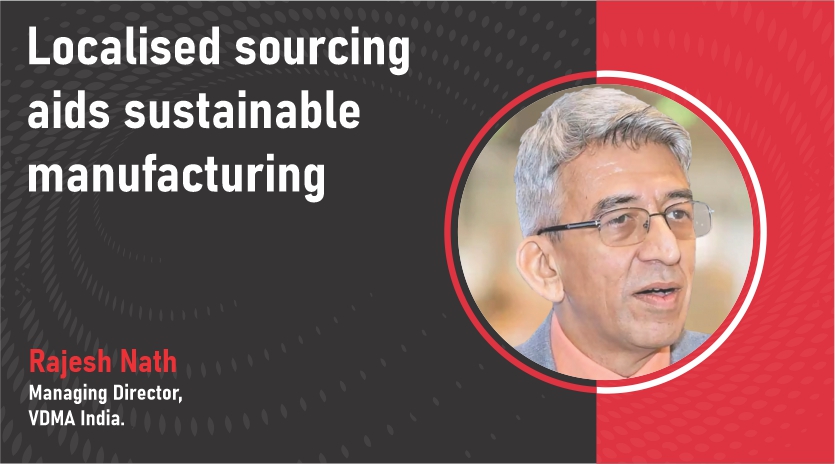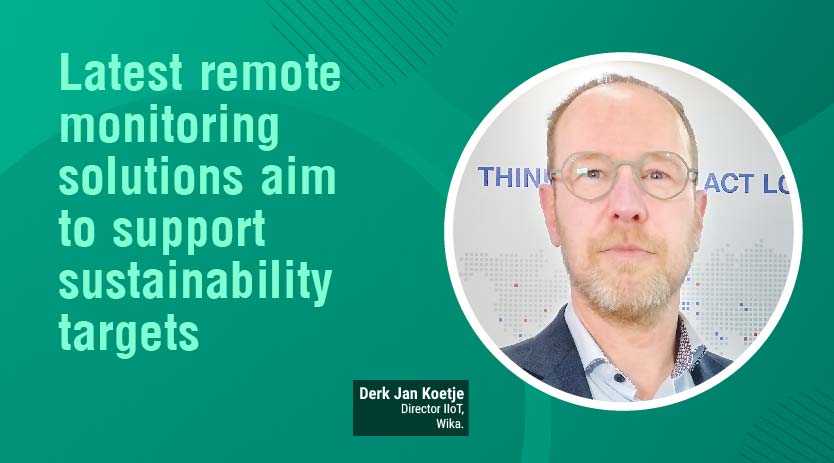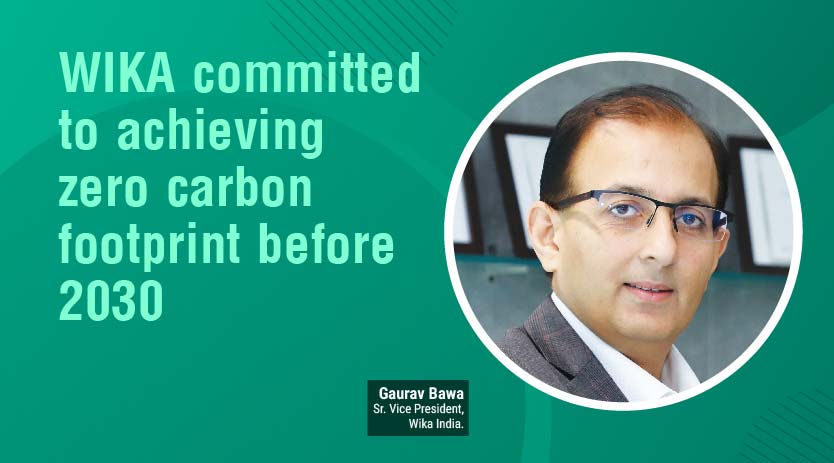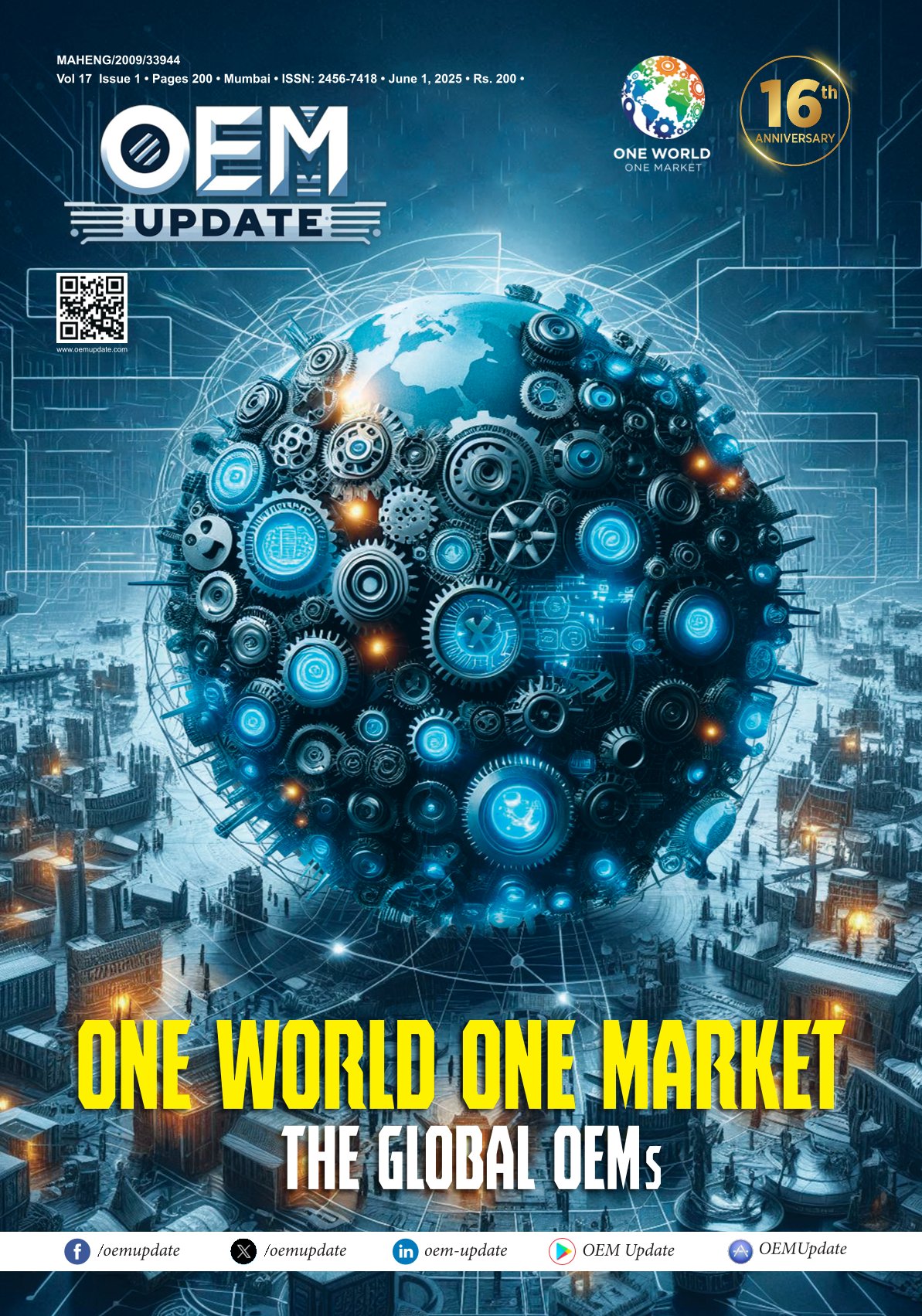Propagating the concept of lifecycle cost of pumps
By OEM Update Editorial May 10, 2019 3:26 pm IST
In an interaction with Athira Bejoy of OEM Update, Ajit J. Singh, Vice President Sales (West), Grundfos Pumps India Pvt. Ltd. shares why and how one should adopt digital solution for pumps and how Grundfos is bringing down energy consumption in their own plants.
Tell us about your participation in ACREX 2019?
It is the biggest platform for heating, ventilation, and air conditioning sectors in India. Every year we try to showcase new products from our product basket. This year, we launched the HVAC Skid-based systems.
Tell us a bit about Skid-mounted system
Skid mounting system is not only about the pump; it is a complete skid system. One would find many assemblers in the market to build up such systems. So, the customers coordinate with multiple suppliers and the accountability of each system part lies with different people.
However, this is not the case with Grundfos skid-based systems as it is a complete factory fitted assembled unit. The parts are assembled in the factory, the system undergoes compliance procedures before it goes to the site.
Usually, there is a project downtime, which is when you are setting up a system, its activities take up a lot of time and the equipment lands up late at the site. However, when it comes as a skid-mounted system from a supplier, it cuts down on the project timeline.
An additional advantage is when one is doing a complete skid and adding the designing element from the pumping side; determine the right size of piping for the pump, the right accessories, etc.
Please tell us about your iSolutions
The ‘i’ in iSolutions stand for intelligence. Pumps have been in the industry for a long time; all these years, it was the customers selecting the pump, the customers put it at site and then it runs based on the change of the system it is reacting to.
However, a pump does not have a mind on its own; it does not communicate back to the system or to the customer, in case of any failure.
In intelligent solutions, we bring in intelligence to pumps. By bringing a controller or programmable logic controller (PLC) into a pump, we are bringing senses and integrating complete electronics into one single system. It is, then, able to sense the flow, pressure, temperature variations happening in the system.
There is an integrated a variable frequency drive (VFD) as well, to ramp up the speed or ramp down the speed; it reacts or responds to the changes in system and above that it’s able to communicate. There are communication modules where one can hook up these products to one’s Building Management Systems (BMS) or consider a remote-control monitoring.
So, intelligence or iSolution is when a customer sitting somewhere very far can monitor the system via remote-control monitoring.
How imperative is it to select a proper metering technology?
In our iSolutions or intelligent solutions, we have a product called smart digital pumps. Those smart digital pumps have a turndown ratio of 1:1000. It means, if you are buying a pump of five litres/hour, you can meter it down to five millilitres/hour.
When customers are investing in a product, they tend to focus on the initial cost and overlook the lifecycle cost. Taking lifecycle cost of pumps into consideration, when one splits that lifecycle cost, there is a realisation that five per cent is only the initial cost.
Considering a 10-year life period of a product, five per cent is the initial cost, 10 per cent is the maintenance cost and 85 per cent is the energy cost. So, the understanding of this lifecycle cost amongst customers is important. In fact, since day one in 1998, when we entered the Indian market, though the entire product portfolio of Grundfos was very new, we begun with propagating the concept of lifecycle cost.
For MSME sector, energy is a major cost, apart from the equipment for their plant. Our clients under the MSME category have implemented IE5, replacing their traditional pumps. Communicating the relevance and importance of lifecycle costs to the customers help them accept and invest in advanced pump solutions.
What types of R&D does Grundfos do?
Our global headquarters of R&D in situated in Denmark, where we invest five per cent of our profits. As Grundfos is owned by a foundation, all investments are internal.
One of the reasons the company has been growing for so many years is because we are able to bring in new trendsetting technologies in the pumping world, and that is all possible due to the continued investment in R&D.
Focusing more on energy applications or innovating the existing applications. Which one would Grundfos prefer?
Focusing on energy is definite. However, when I speak of mounted system, it is about taking responsibility for a customer rather than just applying a pump.
From 2017 and 2018 onwards, there was a huge surge in production in Grundfos because the way we are growing; however, our energy consumption had gone down 10 per cent as compared with 2008, in terms of what Grundfos globally was consuming as a manufacturing unit.
We have grown extensively on the business front in terms of our manufacturing facilities, the pumps that we are producing are close to 17 million pumps today, but our energy requirement is lower than 2008.
We are producing products that are reducing energy for our customers. We take responsibility on how we can bring down the energy consumption in our own plants. We are looking at solving the existing problem by creating solutions at both ends, innovating the existing applications by focusing on energy conservation.
“Communicating the relevance and importance of lifecycle costs to the customers help them accept and invest in advanced pump solutions”
Ajit J. Singh, Vice President Sales (West), Grundfos Pumps India Pvt. Ltd.
Cookie Consent
We use cookies to personalize your experience. By continuing to visit this website you agree to our Terms & Conditions, Privacy Policy and Cookie Policy.



